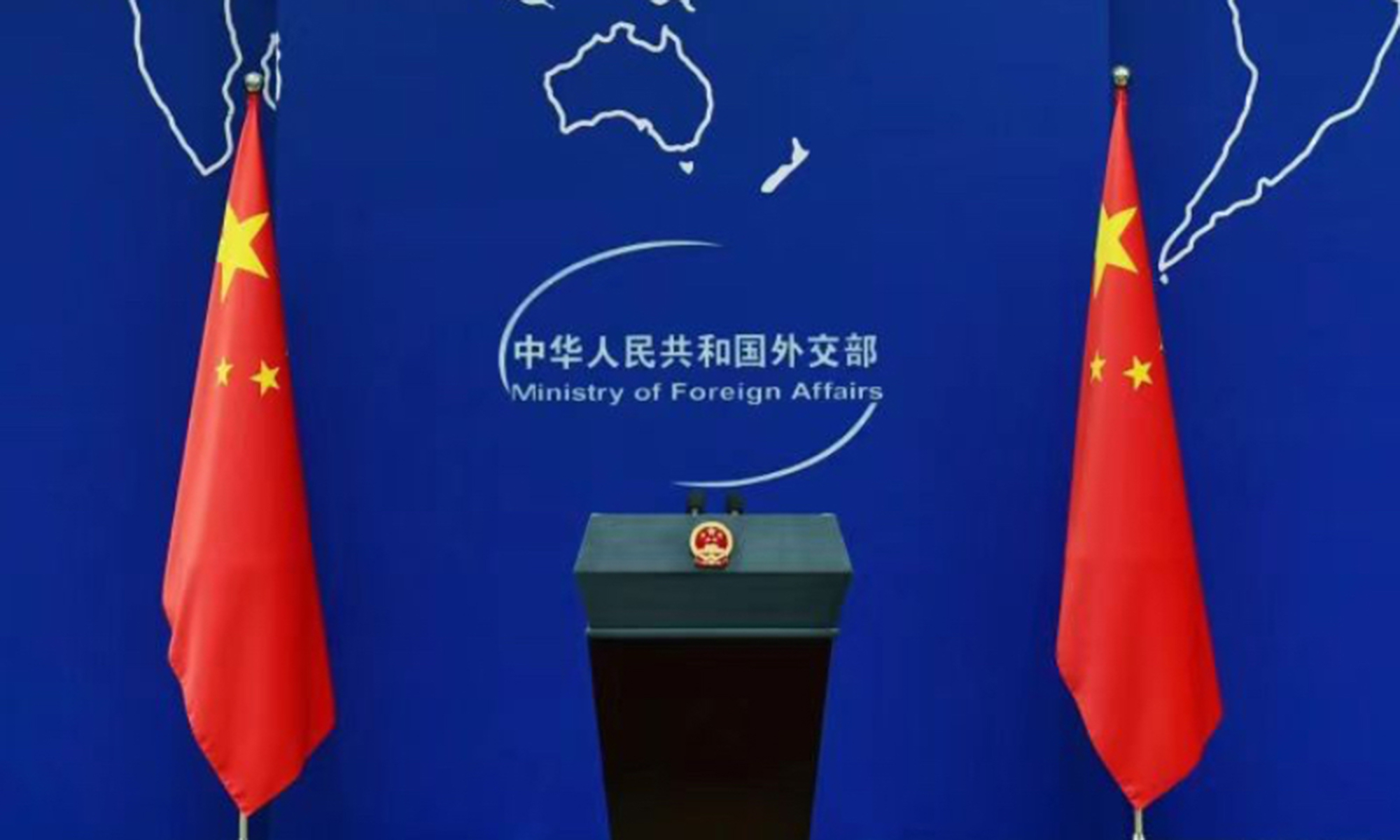Impact of Director Pay on Governance and Performance

The recent establishment of a structured compensation framework for independent directors signifies a notable shift in corporate governance practices, particularly in the context of transparency and accountability. By maintaining a fixed allowance of 150,000 Yuan alongside a floating allowance of the same amount linked to performance evaluations, the company is not merely adhering to conventional standards but is actively seeking to align its board members’ incentives with overall corporate health. This approach is particularly significant in a climate where stakeholder expectations are shifting towards greater accountability and performance-driven governance. It prompts a critical discussion: Can financial incentives alone ensure that directors prioritize shareholder interests, or is there a deeper cultural shift required within corporate boards?
The insistence on a formalized annual evaluation process, whereby independent directors must present performance reports at the yearly meeting, serves as a cornerstone of this governance overhaul. This initiative not only fosters a culture of accountability but also empowers shareholders with a clearer view of how effectively their representatives are functioning. Historical parallels can be drawn to the post-2008 crisis era when shareholder activism significantly rose in response to perceived inequities in management practices. Just as regulators and investors reacted then to improve oversight, this new structure represents a proactive approach that seeks to preempt governance failures before they escalate. However, it raises an essential consideration about the methodologies used for performance evaluation; what metrics will define success, and how can the company ensure that these metrics do not inadvertently encourage short-sighted decision-making?
Moreover, the framework introduces measures to mitigate potential conflicts of interest, reinforcing the notion that independent directors must act without undue influence from major shareholders. This is a crucial safeguard as it stands against the backdrop of increasing scrutiny over board dynamics and the role of independent directors in fostering corporate accountability. The limitations on board memberships are particularly noteworthy; they address a broadly acknowledged concern that involvement in too many boards can dilute a director’s effectiveness and engagement. By restricting independent directors from serving on more than three boards, the company demonstrates a commitment to prioritizing quality over quantity in governance roles. Yet, one must consider: do these measures sufficiently address the root of conflicts, or are there larger systemic issues at play that require broader regulatory interventions to truly foster independence and responsibility?
Read These Next

FM Reacts to China Accepting Suboptimal US Trade Deal
China insists on a beneficial trade deal with the U.S., emphasizing equal dialogue and mutual respect in negotiations.

Weiye Construction Wins Major Contract Despite Financial Risks
Analysis of Weiye Construction Group's recent contract win, examining financial trends, risks, and governance implications.

EU US tariff deal faces backlash over steep duties and grim prospects
EU-US tariff deal faces criticism from European business leaders over high tariffs and potential harm to global trade.
